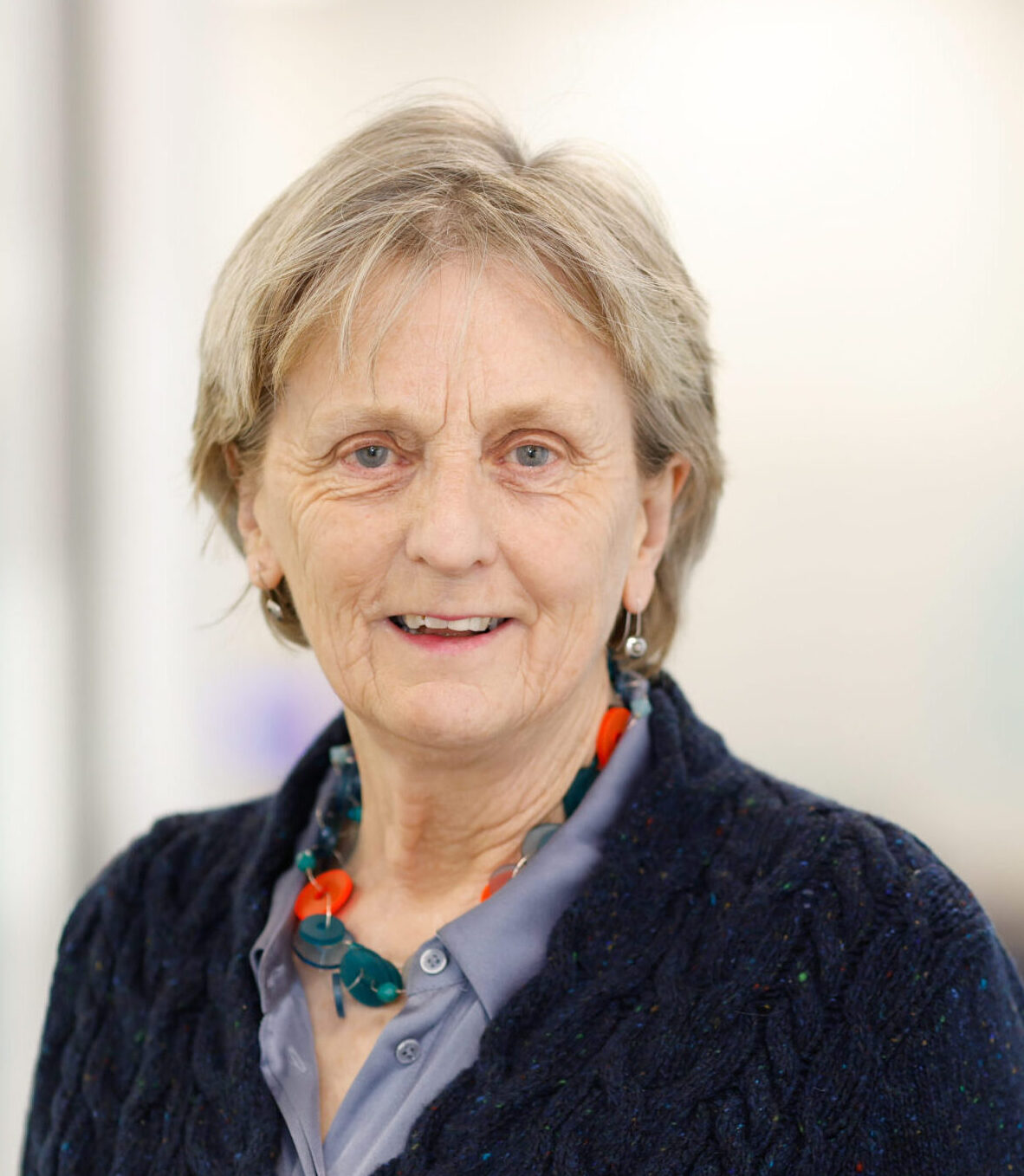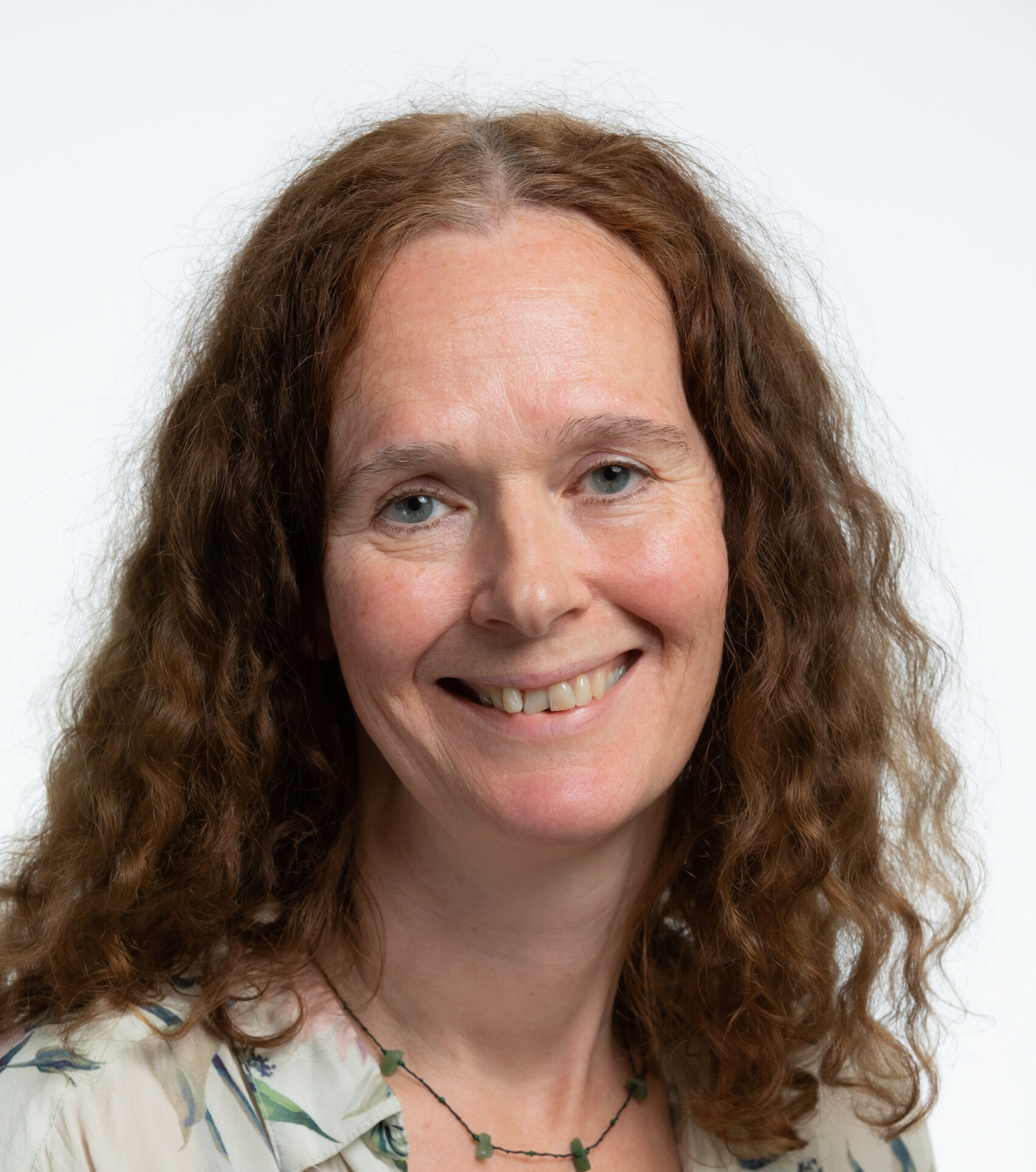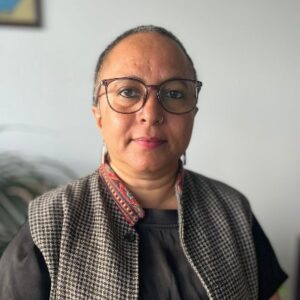Monday 2 December (online)
Anti-colonial thought, here defined as thought directed against European colonialism, has a long history, having begun in the sixteenth century. In the more than 500 years since then, various types and dimensions of ant-colonial thought had and continue to take shape, both outside and within the disciplines of the social sciences and humanities. Despite centuries of the existence of anti-colonial thought, it is only recently that scholars are beginning to take notice of its origins and development, and take note of its varieties and dimensions. Post-colonialism, decolonial thought and other varieties of anti-Eurocentric and anti-Orientalist thought are all examples of anti-colonial thought.
Anti-colonial thought, however, means many things that ought not to be conflated with each other. This presentation looks at these different meanings as well as discusses the context in which anti-colonial thought has to struggle, that is, the captive mind and intellectual imperialism.

Professor Syed Farid Alatas is Professor of Sociology at the National University of Singapore. He headed the Department of Malay Studies at NUS from 2007 till 2013. He lectured at the University of Malaya in the Department of Southeast Asian Studies prior to joining NUS. Professor Alatas has authored numerous books and articles, including Ibn Khaldun (Oxford University Press, 2013); Applying Ibn Khaldun: The Recovery of a Lost Tradition in Sociology (Routledge, 2014), and (with Vineeta Sinha) Sociological Theory Beyond the Canon (Palgrave, 2017).
He has a forthcoming book entitled Decolonial Thought from the Malay World. His areas of interest are the sociology of Islam, social theory, religion and reform, intra- and inter-religious dialogue, the critique of Eurocentrism, and the promotion of autonomous knowledge.
The belief that higher education’s primary purpose is to produce human capital is deeply integrated into nation-states’ policy-making, and the lexicon of global education. The human dimensions of education have become trivialised as homo economicus rules. Within this capitalocentric system, students are evaluated throughout in a zero-sum game of winning or losing; they are subjected to hierarchical ordering and ranking in a manner that frames their moral and emotional dispositions. Higher education does not set out teach them how to be habitually (in the Bourdieusian sense) caring and attentive to the needs of others, including other species and the earth itself. Rather, the opposite happens; intense individualised competitiveness, and performance measurement, drive indifference and a transactional approach to knowledge and pedagogical relations. A type of bourgeois coldness is fostered that undermines solidarity, care, and equality, the foundation stones of democracy. If the market-oriented utilitarian ways of approaching higher and adult education are to change, then the hierarchical, capitalocentric and competitive capitalocentrism at the heart of educational practice and relations needs to change too. This requires challenging the human capital-dominated model of education institutionally, and engaging acts of epistemic disobedience about what it means to educate and to learn.
Drawing on their joint but separate experience of being involved in both institutional and epistemic resistance in higher education for many years, at undergraduate, postgraduate, adult education, and community levels, this session focuses on the lessons the speakers have learned from their experiences, and how they think higher education needs to change if we are to create a liveable world, devoid of war, violence, famine and injustice. Academics need to engage in acts of both institutional and epistemic resistance. They need to find ways of educating people to think and act carefully and relationally with other humans, with other species and with the environment. This also means protecting sites of resistance institutionally within the education system; securing safe spaces related to praxis is necessary to secure the future of intellectual dissent.

Professor Kathleen Lynch is Professor of Equality Studies (Emerita) at University College Dublin (UCD) and a serving member of the Irish Human Rights and Equality Commission (IHREC). Over three decades, she played a pioneering role in establishing and directing both the Equality Studies Centre (1990) and the School of Social Justice (2004) in UCD. Both her research and teaching were built on collaborations with social justice activists, inside and outside the University.
A visiting scholar in many of the world’s leading universities, she has authored a several books and academic articles on all types of equality and social justice issues, especially on education, and, more recently, on care and social justice. Her most recent books include New Managerialism in Education: Commercialisation, Carelessness and Gender(2015) (with Bernie Grummell and Dympna Devine) and Care and Capitalism: Why Affective Equality Matters for Social Justice, Polity Press, Cambridge in 2022. Her forthcoming book, A Critique of Human Capital in Education will be published in 2025 by Routledge.
She was awarded the UCD Medal for Pioneering Change, in 2018, and the Irish Research Council, President of Ireland Prize for her research promoting Equality and Social Justice, in 2019.
Outside of academia, Kathleen has been active as a public intellectual. She has served as an Adviser on Education and the Social Sciences to the European Commission (DGEAC), as an Appeals Commissioner in the Department of Education, and as a Board member on many public and voluntary bodies. She is currently a member of the steering committee for the international initiative Human Education in the 3rd Millennium which published a new declaration for education, Educating Humanity for the Third Millennium: A Global Declaration 2024 https://humaneducation.net/declaration

Dr Bernie Grummell is currently an Associate Professor with the Departments of Education and Adult & Community Education in Maynooth University. She is a co-director of the Centre for Research in Adult Learning and Education (CRALE) in the Department for Adult & Community Education. Her research explores the landscape, processes and experiences of equality and transformation across different sectors of education and society, with a particular focus on transformative community development, inclusion in and through education, and adult learning. She has worked on international research and teaching collaborations with universities and communities in Malawi, Zambia, Palestine and a range of European partners, as well as in local and national policy and community engagements
See: https://www.maynoothuniversity.ie/adult-and-community-education/our-people/bernie-grummell
Wednesday 4 December (in person)
Activism and social change require both aspiration and resistance. Despite the perilous state of some higher education sectors, not least the English, we cannot cease to aspire to a more just future within and through higher education. Without aspiration towards something better, the process of learning and of research mean little. As Maxine Greene said so beautifully, learning is imagining otherwise: it is an aspirational leap from what we know now, to what could be known. Resistance is an equal partner in this endeavour. When we speak of resistance in higher education, we must not focus simply on what exists now that we want to resist (and there is a lot of that). Resistance also takes place in our imagination and aspirations, where we refuse to accept the sensible, logical, necessary or prudent solutions to our sectors’ increasing problems. In this talk the speaker will consider aspiration and resistance within the everyday parts of higher education that still lie within our gift. In the field of teaching, we look towards assessment and feedback practices are still rich with aspirational opportunities to resist the commodification of knowledge and knowers. In the field of research, there is much to be done by imagining otherwise who we research with, who we read and how we engage with the ideas of others. Without ignoring more macro forces that shape higher education, this talk will look at the fissures for resistance and aspiration, and other, everyday practices.

Professor Jan McArthur is Head of Department and Senior Lecturer in Education and Social Justice, Department of Educational Research, Lancaster University, UK. Her research focuses on the nature and purposes of higher education, and how these relate to teaching, learning and assessment, as seen from the perspective of education and social justice, informed by critical theory.
Thursday 5 December (in person)
In this session, our speakers will discuss issues around academic freedom in higher education with particular emphasis on sex-based data collection, social justice and freedom of speech. The plenary will address this through three presentations:
Professor Alice Sullivan: Sex, Data and Unspeakable Truths
Sex is a fundamental category across all of the disciplines that deal with human beings. The drive to undermine sex-based data collection is fundamentally a form of silencing, designed to make certain facts unknowable and unspeakable. I will discuss the implications of making sex unspeakable for data collection, for research and for our democracy.
Dr Laila Kadiwal: Becoming Anti-Racist: Navigating Academic Freedom, Activism, and Islamophobia in UK Higher Education
This interactive talk explores the complex intersections of academic freedom, activism, and racism within UK higher education, shaped by colonial and imperial histories as well as liberal humanitarianism. While universities are intended to be spaces for intellectual exploration, they are often influenced by geopolitics, donor agendas, and neoliberal pressures that can stifle anti-racist voices. Focusing on the case of Islamophobia, the talk discusses practical ways to protect academic freedom and foster critical discussions on the interconnected nature of racism, which is essential for advancing global social justice.
Ms Michelle Shipworth: Academic Freedom and Freedom of Speech: Neocolonialism
After being banned from my own module, following a complaint about a ten-year-old teaching exercise, my indignation and confusion drove me to read academic, parliamentary, government and human rights charity reports into hidden forces at play in Western Higher Education. Unbeknownst to most of us, the Chinese Communist Party has eyes, ears and enforcers on our campuses, threatening our Chinese students and scholars, everyone’s academic freedom, and the foundational values of Higher Education. This talk outlines how it works and how to reduce the risks.

Professor Alice Sullivan is Professor of Sociology at the UCL Social Research Institute. Professor Sullivan’s research focusses on social and educational inequalities in the life course. She has made extensive use of secondary data analysis of large-scale longitudinal data sets in her research, with a particular focus on the British birth cohort studies of 1958, 1970 and 2000. She has published on areas including: social class and sex differences in educational attainment, single-sex and co-educational schooling, private and grammar schools, cultural capital, reading for pleasure, social mobility, and health inequalities. She has also written about conflicts between scholarly and scientific values and gender identity politics.

Dr Laila Kadiwal, a British Indian critical feminist, is an Associate Professor at UCL Institute of Education. Her work focuses on decolonial critical pedagogies. Drawing on over 20 years of experience as a practitioner, educator, and researcher in the global majority, she has created pedagogical approaches that intertwine anti-colonial, anti-racist, and anti-caste scholarship. Her research delves into feminist and youth struggles against authoritarianism in India, education for critical consciousness, transformative egalitarian knowledge(s) from the margins, and the decolonisation of education and conflict.
Laila’s pioneering initiatives include the “Theatre of the Privileged” movement in education and international development. She co-founded “india & me: engage. reflect. act.”, a decolonial educational programme centred on intersectional justice in India. Laila actively engages with the “International Solidarity for Academic Freedom in India” network, amplifying the voices of incarcerated academics and students while challenging the diminishing academic space for dissent against authoritarianism.

Ms Michelle Shipworth is an Associate Professor in The UCL Bartlett School of Environment, Energy and Resources. She was recently ‘cancelled’ and banned from her own module when a student objected to a ten-year-old critical thinking exercise titled ‘Why are there so many slaves in China?’ – part of a module called “Data Detectives”, which she invented and created. Michelle was first in her department to be recognised as a Senior Fellow of the Higher Education Academy, has been the department’s Director of Ethics for ten years and served on UCL’s main Research Ethics Committee for six years. Prior to joining academia, she was a civil servant on Australia’s overseas aid programme where she managed an overseas student scholarship programme.

